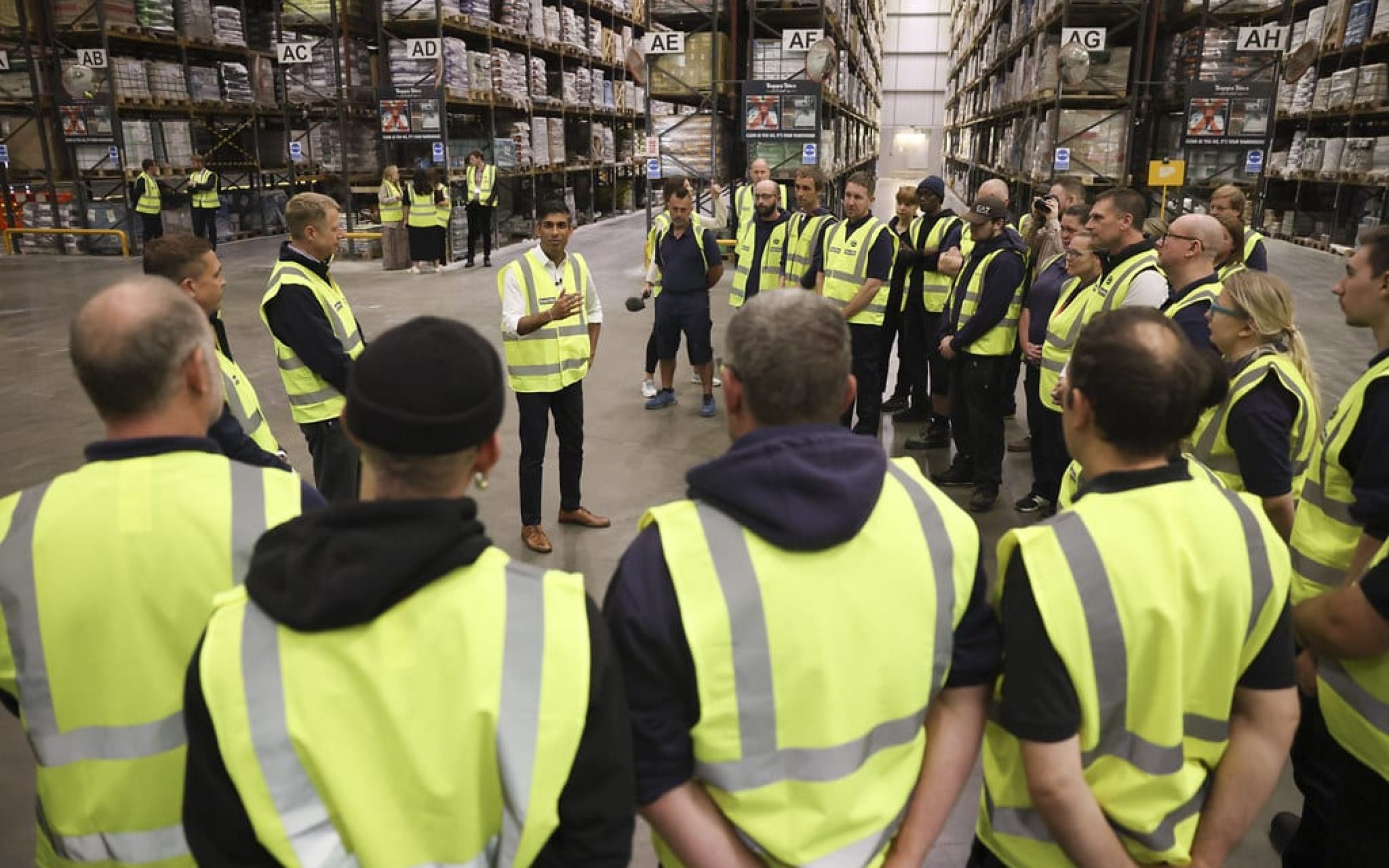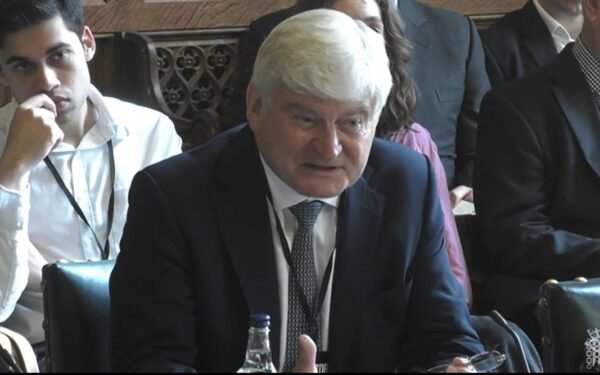We all (well, nearly all) want it, but we just can’t seem to get it. No, not happy ever after, but economic growth. Aside from the fringe of the comfortable middle class who argue that we should be shrinking the economy, all political parties say they want more of it.
It’s not hard to see why. Growing the economy makes us richer and allows the politicians to spend more money, which is what most of them joined up to do. If just promising growth was enough, then the UK economy would be romping away. Yet it is flatlining. Indeed, adjusted for the increased population, the output per person is lower than at any time since 2008 – nearly a whole generation is no better off, something that has not happened since the Second World War.
So here are some ideas why we’ve stalled. Firstly, capital spending by the state. This is generally considered a good thing, since it generates future gains. But if the project costs more than any realistic calculation of those gains, it is absorbing wealth rather than creating it – making us poorer.
The classic example here is our old friend HS2. Even at the first cost estimates it was not worth building. By the time Rishi Sunak chopped it down to a London-Birmingham rump, it was essentially a money sink. It was (and is) actually making the country poorer.
Next up is the nuclear monster at Hinkley Point. Having bankrupted its original contractors, it is now absorbing state money by the tens of billions. If you believe it is French state money, then you haven’t been paying attention. The bill is coming our way. We may need it for the green energy revolution, but it is a money sink.
These are painful examples of wealth destruction, but the grit in the growth machine is everywhere. Diversity personnel, Human Remains departments, planning officers, public relations advisers, consultants, and solicitors enforcing human rights with public money might give us a warm glow that the right thing is (eventually) done, but it all costs.
Parliament passes laws that are full of good intentions and the expense of complying hardly gets a mention. In nearly all cases, the new rules created add to the cost of doing things that would help the economy grow. We may prefer to ensure that the toads are protected on the building site, or that every employee’s grievance is properly investigated, but we should not expect all this to be cost-free.
Similarly, the support given to those who are not working is paying out money for no return. As a nation, polls suggest that we believe this is the right thing to do, but it is another cause of economic stagnation.
Finally, the bureaucrats in public service seem almost out of control. Productivity is actually going backwards, and persuading everyone to come into the office five days a week seems close to impossible. This may be the most intractable problem of all since it would require reform from within, which is against human nature.
The public sector bureaucracy grows every day, and nobody knows what to do about it. Meanwhile, we are puzzled that the businesses that must generate profits or go to the wall are reluctant to embrace the glad confident morning of the growth vision, as they see their employment and compliance costs rising inexorably. Fairer but poorer is not much of an election slogan, but it is where we are today.
Write to us with your comments to be considered for publication at letters@reaction.life





